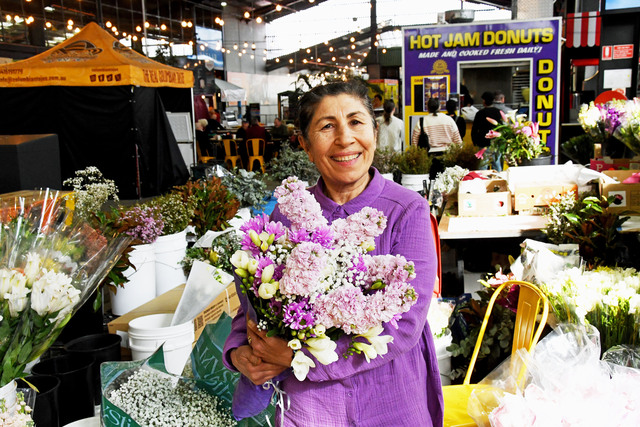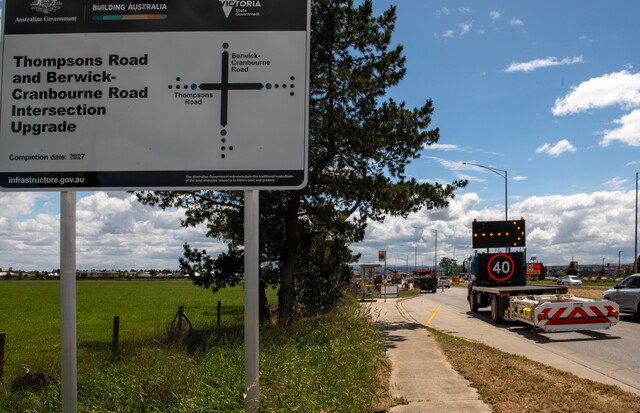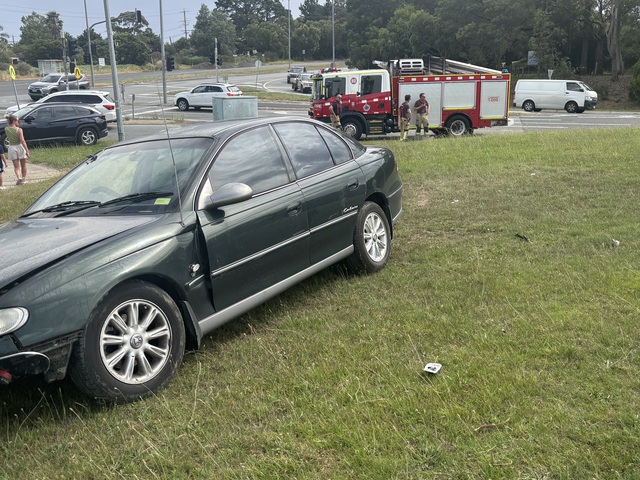By Melissa Meehan
THE Reserve Bank of Australia’s (RBA) decision to increase interest rates earlier this month is set to create a lasting impact on the housing market over the next couple of months.
The RBA made the decision to raise the rate by 25 basis points to 6.75 per cent.
Homeowners will be forced to pay around $50 extra a month on an average $250,000 loan as interest rates hit their highest level since November 1996.
Industry associations and local real estate agents have all expressed concern about the rise, outlining the dire consequences for a market already under stress.
For some families the latest rate rise has increased the pressure to meet mortgage or rental repayments.
Director of Jackson Real Estate Berwick Mark Leonard doesn’t think that the latest rate increase will affect the property market too badly.
“At the moment we are in a market boom,” Mr Leonard said.
“Normally we cannot notice a change in the market until six weeks after the announcement of any rate increase,” Mr Leonard said.
Mr Leonard said that five rate rises over the past two years posed a threat to both home owners and renters who were already struggling with the increased cost of day-to-day living and the ever prominent rising cost of petrol.
Mr Leonard said that although there were reports of homeowners selling their homes as soon as the RBA announced the rate rise, he has not witnessed such a reaction.
He said that there was an increase of people selling their investment properties and that in turn was affecting the rental market.
“Because of this we have a rental market squeeze, there isn’t enough affordable properties on the market. Prices are on the increase, it’s all about supply and demand,” Mr Leonard said.
Spokesman for Australians for Affordable Housing David Imber said that he was very concerned for low to middle income members of the community.
Mr Imber said he was particularly concerned about the housing affordability crisis in Berwick and the way in which the interest rate increase would affect renters and homeowners in the area.
“We’re more worried about singles and renters living in Berwick generally,”
“There just isn’t sufficient housing stocks for single people, there is only traditional three and four bedroom housing available.
“Single people and small families are finding it hard to find appropriate affordable housing,”
Mr Imber then went on to quote figures from the Department of Housing Rental Report that was released in June this year.
“Berwick’s most significant increases showed that two bedroom flats saw a 7.7 per cent rise pushing the median cost of rental to $210 per week and a three bedroom house rose by 8.9 per cent making it cost renters a median of $245 per week,” Mr Imber said.
“That proves that flats are not that much cheaper than houses to rent, and that is not good enough.”
Mr Imber said while it may be too early to analyse whether the recent interest rate rise will have a lasting effect on the property market, it is almost certain that renters will be adversely affected.
Rate rise hits market
Digital Editions
-

NEWS-MAKERS 2025: Traders’ tension as Market revamps
Purchase this photo from Pic Store: 504095 Dandenong Market stallholders have been increasingly vocal about rental agreements over the past year, as Greater Dandenong Council…





